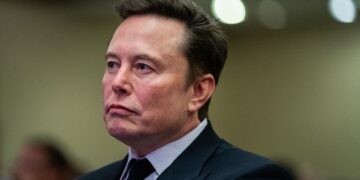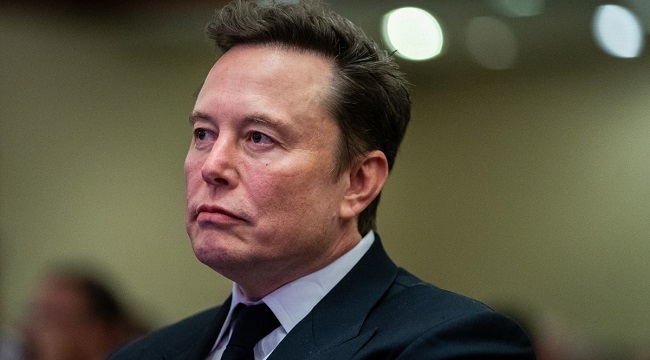By Enyichukwu Enemanna
OpenAI’s board of directors on Saturday unanimously rejected an offer from tech billionaire and Tesla CEO Elon Musk to buy the artificial intelligence company for the sum of $97.4 billion.
“OpenAI is not for sale, and the board has unanimously rejected Mr Musk’s latest attempt to disrupt his competition,” OpenAI’s board chairman, Bret Taylor, said in a statement posted on Musk’s X, formerly Twitter.
The statement also read, “Any potential reorganisation of OpenAI will strengthen our non-profit and its mission to ensure AGI (artificial general intelligence) benefits all of humanity.”
Musk had filed court documents on Wednesday, saying that he would withdraw his offer if OpenAI’s board agreed to return to a non-profit model.
OpenAI currently operates as a non-profit with a for-profit subsidiary. The shift towards a for-profit model, which CEO Sam Altman has said is necessary for growth, has been a point of disagreement between Musk and the company.
Musk was one of OpenAI’s original founders in 2015, contributing $45 million in initial funding. He left the company in 2018 due to a “potential future conflict” with Tesla, which was increasing its focus on artificial intelligence.
In 2023, Musk launched his own AI company, xAI, after OpenAI gained global attention for its advancements in the field.
The costs of developing and running AI models have pushed OpenAI to seek investment and a new corporate structure. The shift to a for-profit model requires approval from authorities in California and Delaware, who will review how OpenAI’s non-profit arm is valued as it becomes a shareholder in the new entity.
Current investors are pushing for a lower valuation to increase their stake in the new company.
Musk’s bid, valuing OpenAI at $97.4 billion—about $30 billion more than the ongoing negotiations, according to The Information—is seen as a challenge to the company’s fundraising efforts.
OpenAI’s chief global affairs officer, Chris Lehane, said Musk’s offer came from a competitor “who has struggled to keep up with the technology and to compete with us in the marketplace.”

































